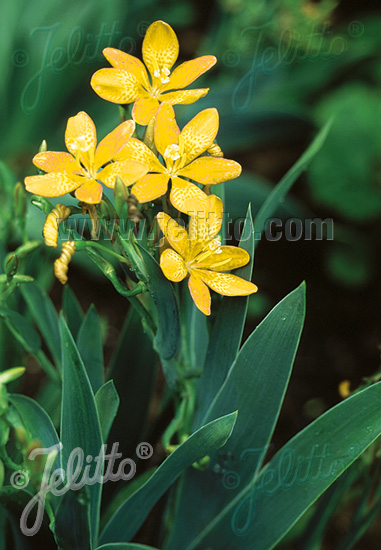EURO is the basis of our prices. Prices in other currencies are for your information only and are subject to changing currency fluctuations.
Continue-
Login
 Have you forgotten your password?
Have you forgotten your password?
No problem, here you can set up a new password.
When you click on 'Request Password', you'll be sent an e-mail with instructions how to set up a new password.
If you don't get an e-mail with your access data, please make sure that you have already registered with us. As soon as you are registered, you can login with your e-mail address or your customer number and your password.
- If you are sure you are already registered, please check the e-mail address you entered as user name.
In case you still have problems logging in, please turn to us by e-mail: info@jelitto.com
- Register
-
CONVERSION
CONVERSION
Weight g <-> oz Temperature °C <-> °F Length cm <-> in






